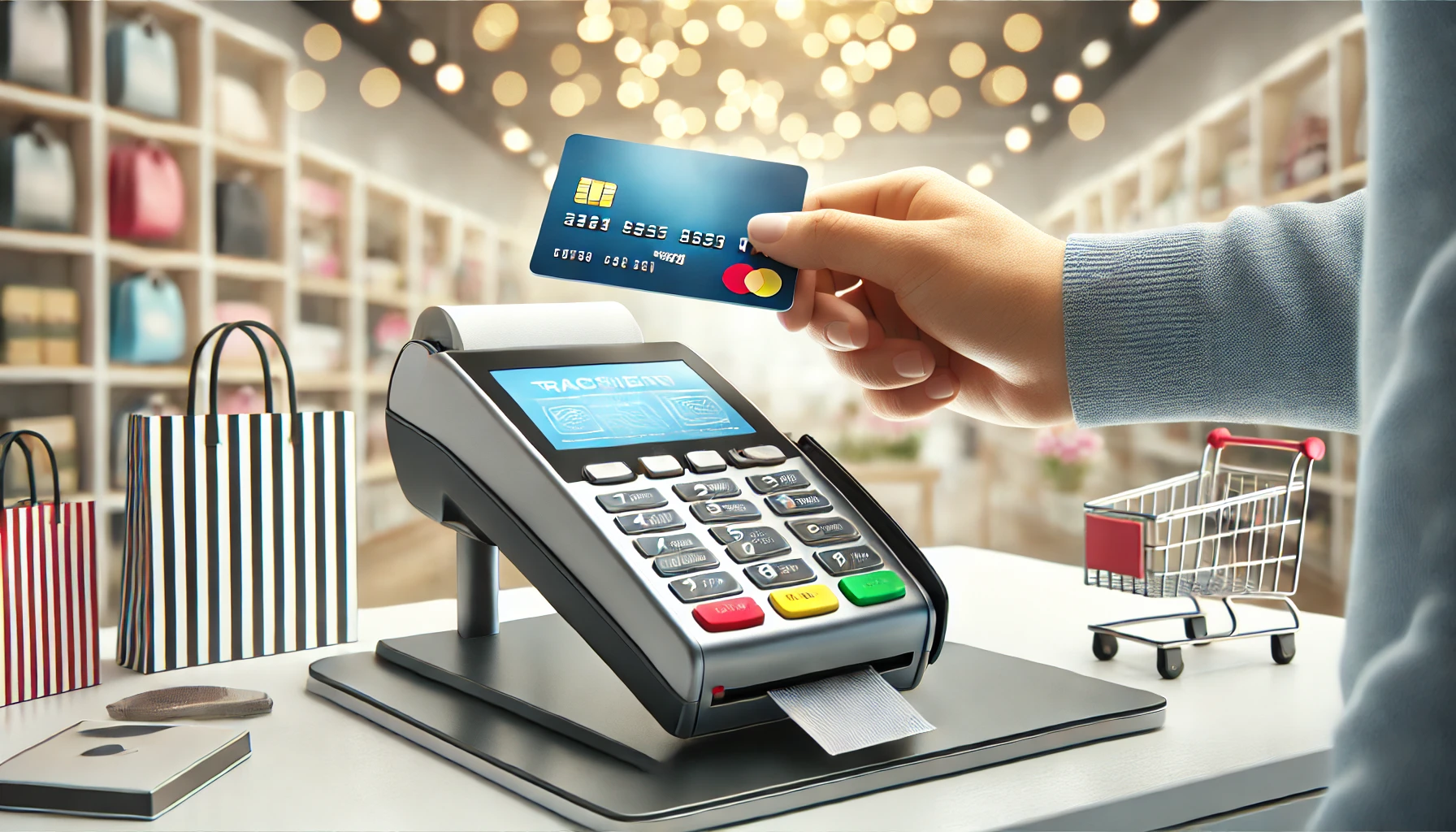In today's digital era, companies are constantly looking for ways to offer their customers a seamless shopping experience. Terms such as 'omnichannel' and 'unified commerce' play a central role in this. But what exactly do these terms mean and why is the right ERP software crucial to their success? Let's dive into the world of unified commerce.
What is unified commerce?
Unified commerce is the integration of sales, marketing and operational processes across all channels. It is about creating a consistent and seamless customer experience, regardless of whether the customer is shopping online, mobile or in-store. In contrast to multichannel, where each channel is operated separately, unified commerce offers a central platform on which all channels are integrated.
The connection with omnichannel
Omnichannel and unified commerce are often used interchangeably, but there are subtle differences. Omnichannel focuses on providing a consistent customer experience across different channels. Unified commerce goes one step further and integrates all back-end processes to enable this consistent experience.
Think of omnichannel as the "what" and unified commerce as the "how". While omnichannel defines the goal, unified commerce provides the tools and processes to achieve that goal.
The role of the right ERP software
An effective unified commerce system requires a robust backend infrastructure. This is where ERP software comes into play. Modern ERP software:
- Integrates data sources: It connects all business processes, from warehouse management to customer service, and ensures that data is consistent across all channels in real time.
- Optimizes business processes: Through automation and data integration, companies can work more efficiently and offer a better customer experience.
- Provides analysis functions: With the right analysis tools, companies can gain insights into customer behavior and adapt their strategies accordingly.
Unified commerce isn't just another industry term, it's a critical strategy for businesses that want to stay competitive in today's digital landscape. By integrating omnichannel objectives with the right backend tools, especially powerful ERP software, companies can create a truly seamless and customer-centric shopping experience.





